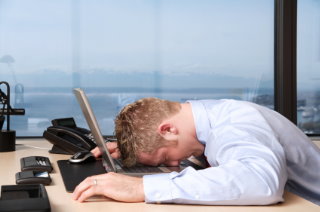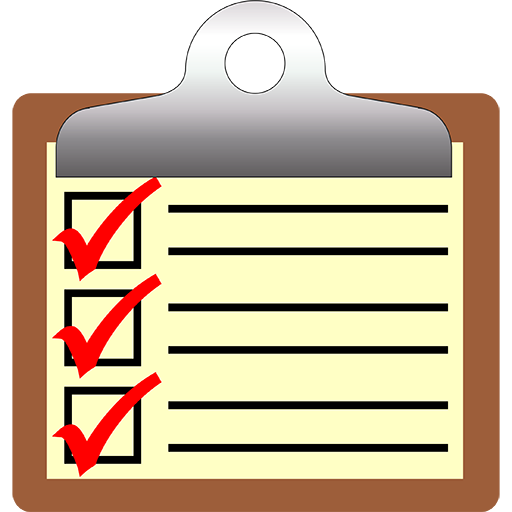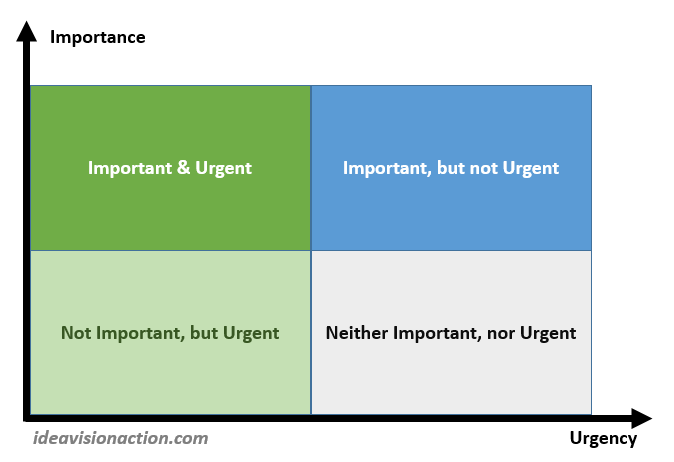
A very wise therapist once told me to always make my bed in the morning because at least then I’ve achieved something that day.
It’s said that recovery is about going back to basics and re-learning how to live. It’s why, I guess, in rehab they had us do things like make gratitude lists, set goals and do different (if seemingly unproductive) activities like art and walking.
I don’t know about anyone else but I really struggle with not doing anything that feels productive. So in early recovery, as soon as I start to feel the slightest bit better I start trying to find things to do/clean around the house, reasons to go out, just something to do. Then I wear myself out and guilt trip myself over not being able to do more.
My to-do lists are endless and scattered. One of them even has ‘find last weeks to-do list’ on it. How ridiculous is that?! But it can be really overwhelming at times, and off-putting (here comes the guilt trip again) to stare and a long old list and try to even crack the surface.
I saw a journal the other day and I really should have got it. It had space for three ‘to-do’s’ on each page, ranked by priority and then space fore a few lines on what went well for you that day.

It makes sense to have all the to-do’s in one place, and prioritising is key, as I recently read online in a post by software designer Burak Bilgin.
He writes….
It doesn’t matter how many tasks you start, neither how many tasks you carry out in parallel. What counts is how many tasks you finish.
Bilgin advises:
- Write down all the tasks that need to be completed.
- Start with the most important and urgent task at hand.
- Focus on a single task at a time.
- Assign a duration to the task and challenge yourself to complete it within that duration.
- Promise yourself some downtime.
- If you feel like procrastinating, break that feeling by completing a small task.
And his page also includes this really interesting diagram, which admittedly took me a while to get my head around but I think I get the general gist!

